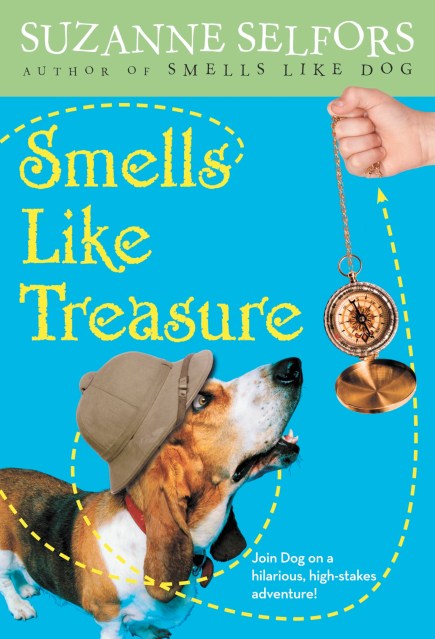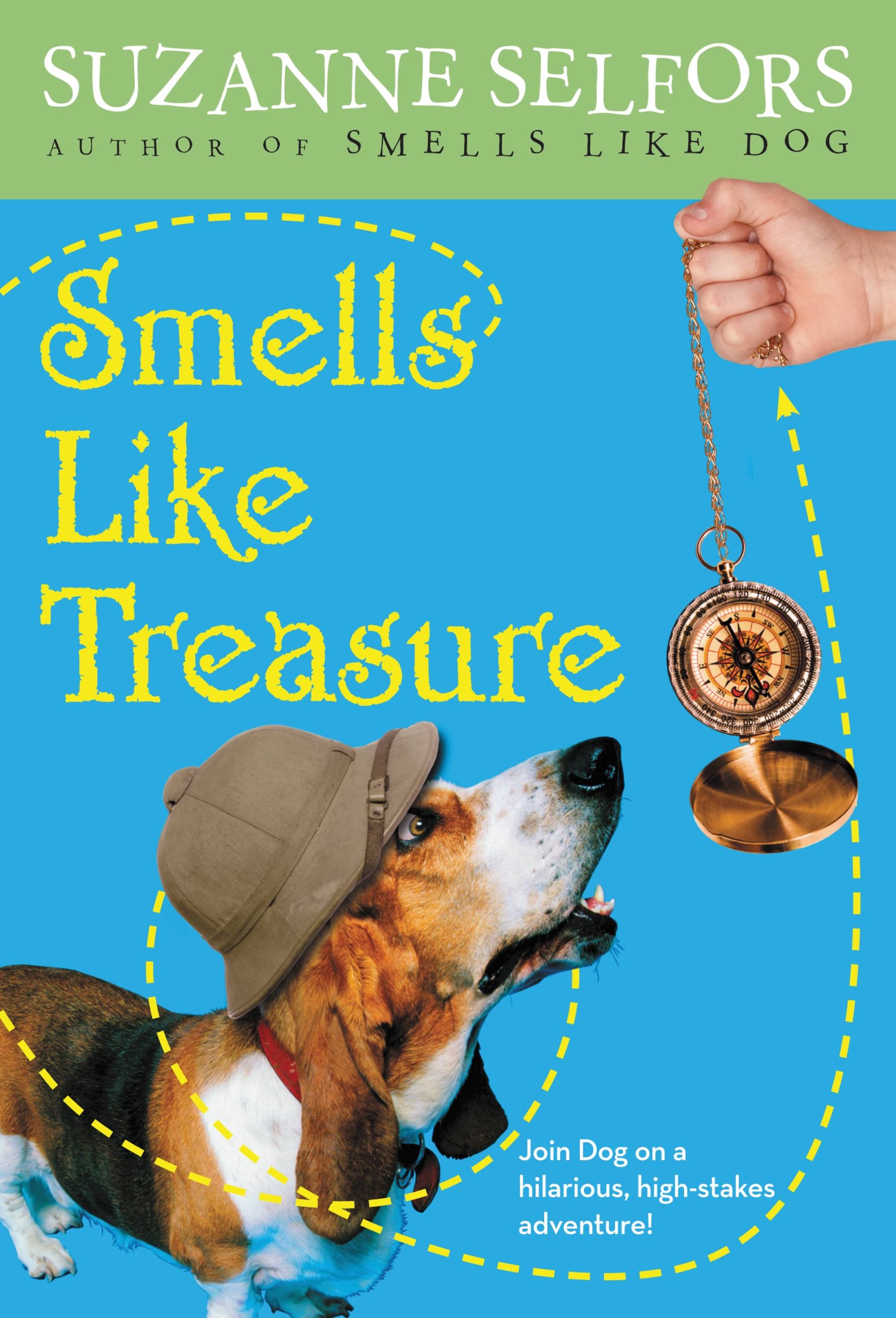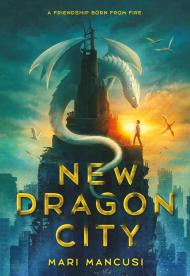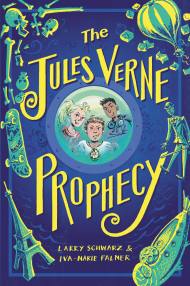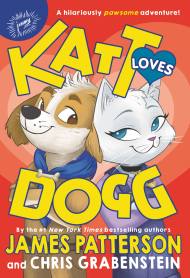Promotion
Use code MOM24 for 20% off site wide + free shipping over $45
Smells Like Treasure
Contributors
Formats and Prices
Price
$8.99Price
$12.99 CADFormat
Format:
- Trade Paperback $8.99 $12.99 CAD
- ebook $6.67 $9.99 CAD
This item is a preorder. Your payment method will be charged immediately, and the product is expected to ship on or around April 10, 2012. This date is subject to change due to shipping delays beyond our control.
Also available from:
Homer Pudding and his treasure-sniffing best friend, Dog, are about to go on an all-new adventure! When Homer receives a mysterious note emblazoned with the letters L.O.S.T., he knows the moment he has been waiting for has finally arrived. It is time to meet the Society of Legends, Objects, Secrets, and Treasures and become a true adventurer.
With Dog at his side, everything seems to be going as planned…until an unexpected opponent challenges Homer’s spot. They are tasked with a dangerous quest, and only the one who solves the clues and reaches the treasure first will be given membership. Their hunt for treasure takes them on an unforgettable journey full of hazards, mysteries, and surprises!
With Dog at his side, everything seems to be going as planned…until an unexpected opponent challenges Homer’s spot. They are tasked with a dangerous quest, and only the one who solves the clues and reaches the treasure first will be given membership. Their hunt for treasure takes them on an unforgettable journey full of hazards, mysteries, and surprises!
Genre:
-
* "A funny, suspenseful adventure that stretches the borders of readers' imaginations. A heartwarming and quirky cast of characters adds to the fun...Homer and Dog are a strange, silly, and lovable duo."School Library Journal, starred review
-
"[A] droll, satisfying sequel...There is plenty of rip-roaring fun here; fans will applaud Homer and Dog's return."Kirkus Reviews
-
"[Filled with] quirky side characters and over-the-top humor."Booklist
-
"[A] satisfying sequel...Fans will love Homer and Dog's return."VOYA
- On Sale
- Apr 10, 2012
- Page Count
- 432 pages
- Publisher
- Little, Brown Books for Young Readers
- ISBN-13
- 9780316044028
Newsletter Signup
By clicking ‘Sign Up,’ I acknowledge that I have read and agree to Hachette Book Group’s Privacy Policy and Terms of Use
